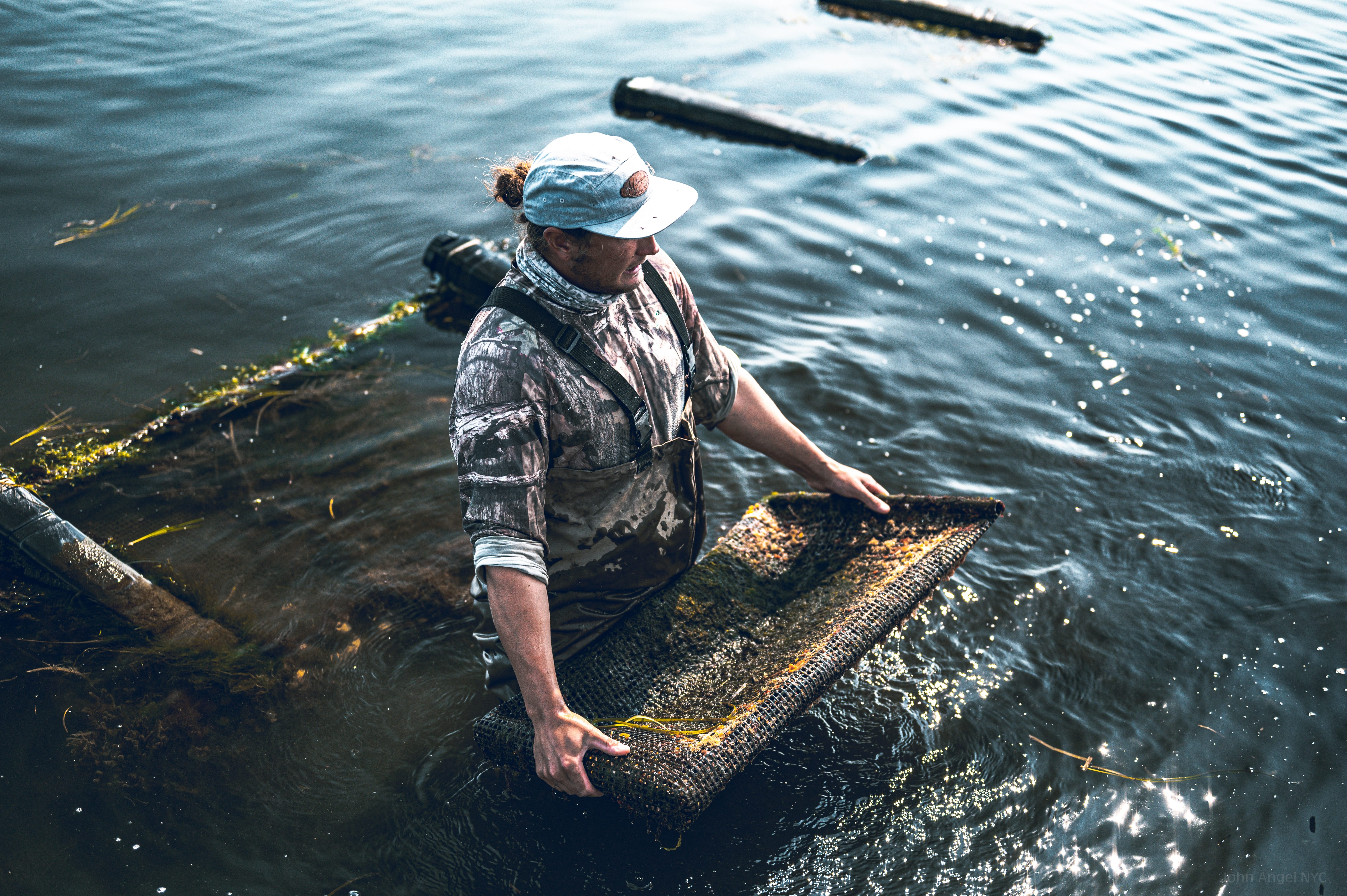Key Takeaways
- Grant Award: The Invasive Species Corporation (ISC) received a $388,000 grant from the Washington State Department of Agriculture to address the burrowing shrimp problem in Washington's oyster beds.
- Environmental Concern: Burrowing shrimp negatively impacts Washington's coastal shellfish farms by causing shellfish to sink and suffocate.
- Research Focus: ISC will explore microorganisms as potential biological control agents against the burrowing shrimp.
- Previous Success: ISC has a history of discovering effective microorganisms for controlling invasive species, like their Zequanox® product for zebra and quagga mussels.
- Bigger Picture: ISC aims to develop sustainable solutions to control invasive species, thus preserving biodiversity and mitigating the impacts of climate change.
The Invasive Species Corporation (ISC), a Delaware public benefit corporation, recently announced a significant stride in its mission to combat invasive species. The organization has been awarded a $388,000 grant by the Washington State Department of Agriculture (WSDA). This funding is earmarked for researching microorganisms that can control burrowing shrimp populations, threatening native oyster beds in Washington.
WSDA has identified a critical problem in many of Washington's coastal shellfish farms. These areas are suffering due to the high population densities of burrowing shrimp. These shrimp soften the mudflats, causing shellfish to sink and suffocate, severely impacting the shellfish industry. Despite various attempted control methods, a sustainable and effective management program for these shrimp still needs to be improved. The grant aims to aid the development of an integrated pest management plan specifically for the burrowing shrimp problem in Willapa Bay and Grays Harbor, ensuring the continuation of shellfish cultivation in these regions.
Dr. Pam Marrone, ISC's co-founder and Executive Chair, emphasized the organization's dedication to finding natural solutions to invasive species problems exacerbated by climate change. ISC aims to leverage nature's offerings by identifying selective microorganisms that are effective against such invasive species. The success of their product, Zequanox®, used for controlling invasive mussels, is a testament to their approach and expertise in this field.
The project under this grant involves a thorough exploration of unique microorganisms. These could be previously unknown entities in environments where oysters and burrowing shrimp coexist. ISC plans to delve into existing microbial libraries and publications for potential solutions. Any promising microorganisms will undergo rigorous testing in the lab and possibly in field trials to assess their efficacy against the burrowing shrimp. After discovering effective microorganisms, extensive studies and safety tests will be required to develop a commercial product for Environmental Protection Agency (EPA) approval.
ISC's broader mission is to address the global challenge of invasive species. With an estimated over $1 trillion in damage, invasive species significantly threaten biodiversity, second only to land-use changes. ISC's solutions focus on biological control methods that are sustainable and environmentally friendly. The corporation is tackling aquatic invasive species like mollusks and toxic algae and terrestrial threats, including forest pests and weeds. Their current portfolio includes the successful Zequanox® for mussel control and ongoing projects like Piscamycin™ for invasive fish management and bioherbicides for problematic weeds.
ISC's initiative represents a crucial step in balancing the need for effective pest control with environmental sustainability. Their work is pivotal in preserving ecological biodiversity and addressing the broader challenges of climate change.
Photo by John Angel on Unsplash


